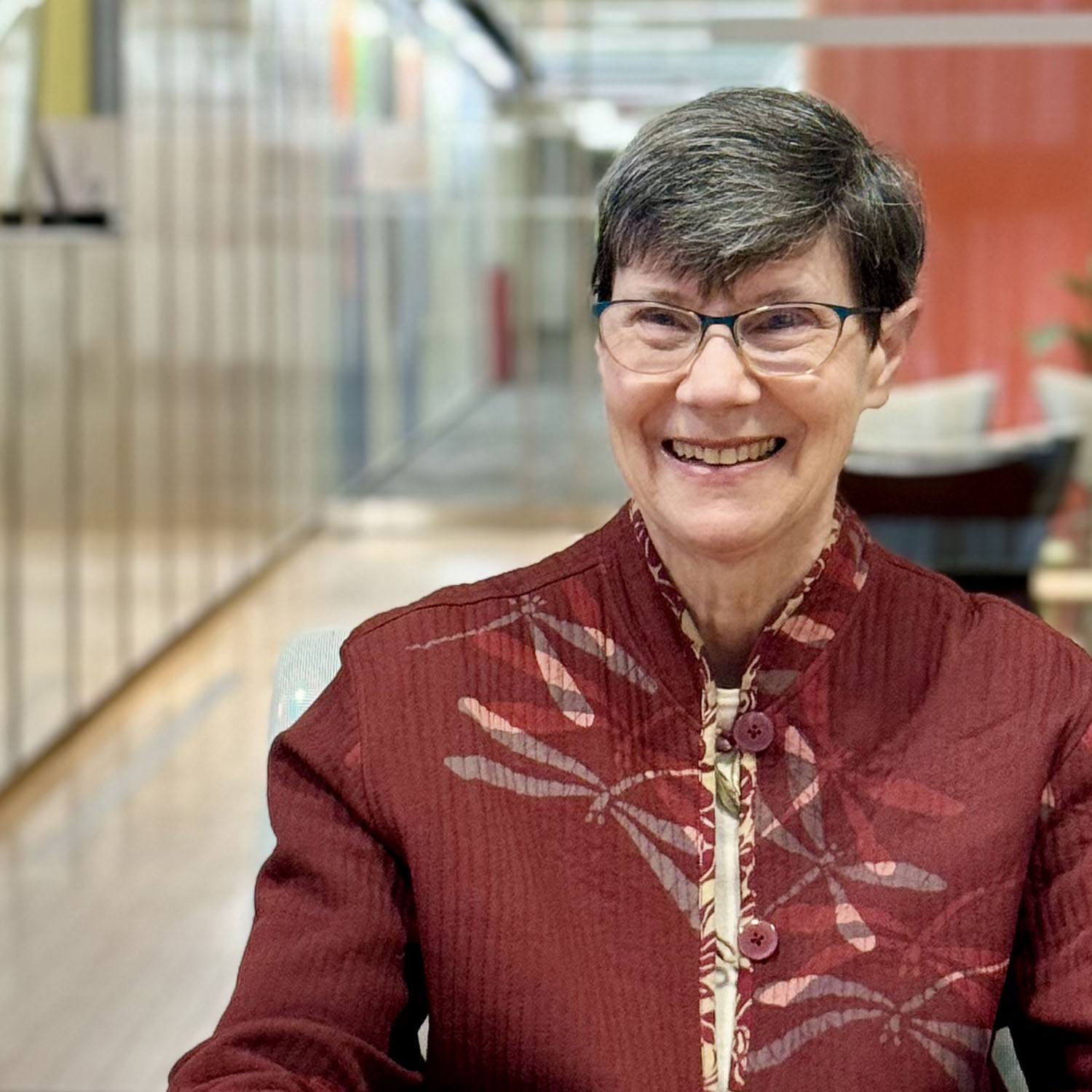New Funding Opportunity To Advance the Field of Whole Person Research
Director’s Page
Helene M. Langevin, M.D.
June 20, 2024
I’m proud to share that the National Center for Complementary and Integrative Health (NCCIH) has just announced a new funding opportunity under the National Institutes of Health (NIH) Whole Person Initiative that will transform our ability to conduct whole person research. NCCIH, along with 14 other Institutes, Centers, and Offices at NIH, is seeking applications to establish a Whole Person Research and Coordination Center (Whole Person RCC) that will provide the necessary infrastructure to help researchers explore how our bodies’ different systems interact with one another.
The funding opportunity is designed to support two distinct objectives. The first is to build a conceptual map of the healthy human whole person physiome to represent all physiological organ system functions and identify Common Data Elements appropriate for each major physiological function. The second objective will be to populate the conceptual map using existing longitudinal datasets and build at least one in silico model prototype illustrating the whole person physiome and associated clinical measurements.
There are two unique aspects of the whole person conceptual map that are especially important to note:
- The conceptual map will be built from established mechanistic knowledge of healthy human physiology rather than computational methods including artificial intelligence and machine learning.
- It will be based on healthy human function rather than diseases.
Although artificial intelligence and machine learning can be used to build knowledge maps from data, the whole person conceptual map will use a different strategy: it will be built by a team of content experts using existing established knowledge of healthy human physiology, linking all physiological systems into a whole. Once built, the whole person conceptual map will be used as a foundational tool to anchor and support the creation of data-driven whole person models. This will allow new, complex datasets to be contextualized and linked to existing knowledge.
Such conceptual maps have been previously built for separate body systems, but none currently exist for the whole person. By analogy, our understanding of human health is essentially made up of many, many regional maps. Our vision is for experts to bring together all the maps and create an interactive, multidimensional globe that can allow researchers to explore health in the context of the whole person, not in pieces and parts or isolated views.
While the vast majority of biomedical research focuses on the diagnosis, prevention, and treatment of diseases, our understanding of health is much more limited. Unlike studying diseases of specific organs or systems, studying health involves the whole person. For this reason, the whole person conceptual map will be an essential tool to advance our understanding of health at a fundamental level.
This funding opportunity will require applicants to be well equipped to navigate the effort. To support potential respondents, we will be hosting a technical assistance webinar on July 30, 2024, and a teaming webinar on August 14, 2024. The technical assistance webinar will provide attendees with an opportunity to learn more about the goals and purpose of the funding opportunity, understand the review criteria for proposals, and ask questions of NIH staff. The teaming webinar will offer a forum for networking, allowing applicants to meet potential partners or collaborators and form strong multidisciplinary teams. Applications are due November 1, 2024. I encourage all those interested to participate in the webinars. They are not a requirement for applying, but they do offer a chance to gain insights on how to assemble a high-quality proposal and begin to network with potential collaborators.
When we released our 2021–2025 NCCIH Strategic Plan 4 years ago, we designated whole person research as a central strategic priority. This funding opportunity is a critical milestone in that effort, and I hope all those who have been following our work on whole person research will spread the word.
There is no doubt that improving human health will require deepening our understanding of the whole person. What we know today only scratches the surface of what there is to learn. Creating a unified whole person physiological map will move the field forward and potentially transform our understanding of health, helping researchers chart new routes to healthier lives.
For More Information
